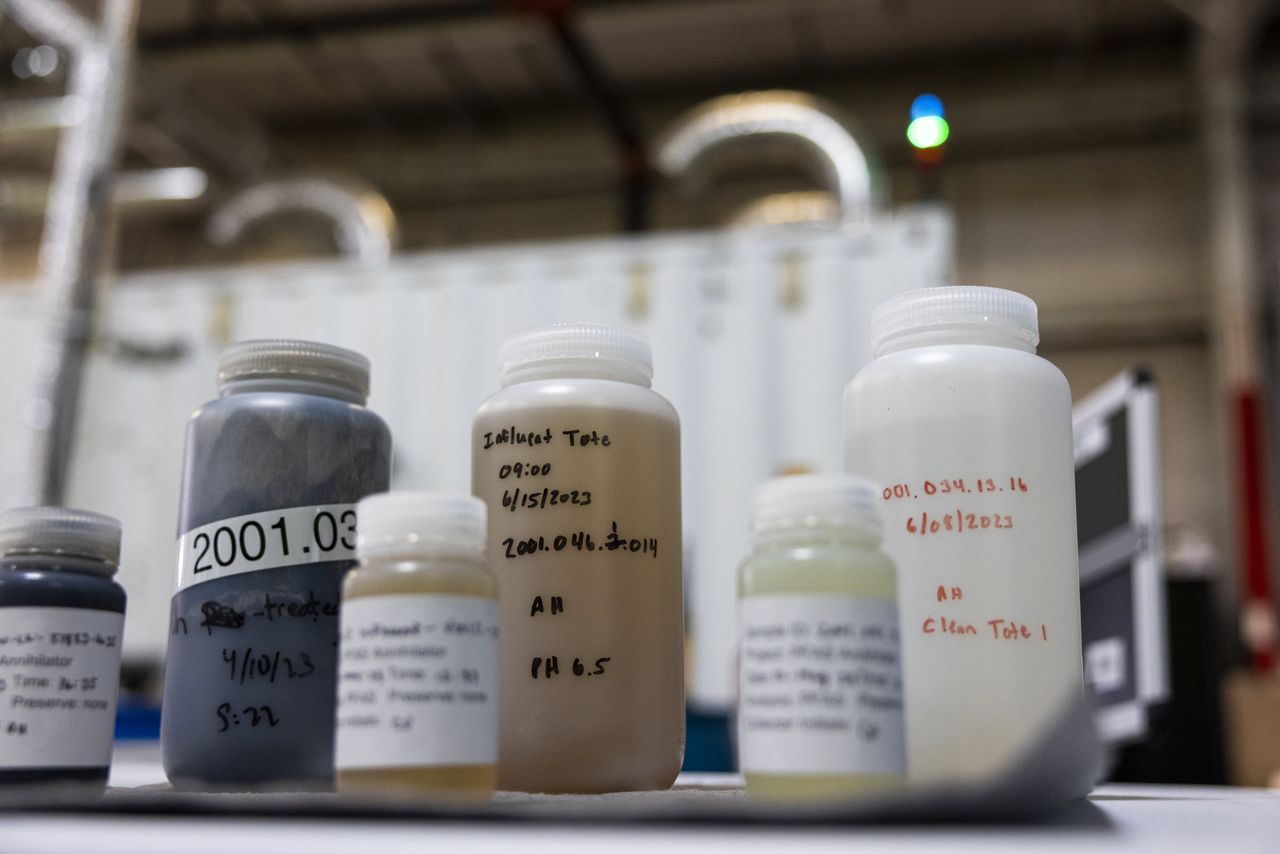Alabama researcher studying effects of âforever chemicalsâ
A professor at the University of Alabama is studying the effect of exposure to PFAS—nicknamed “forever chemicals”—on cognitive function in adolescents, and she’s starting her research in McIntosh, Alabama.
McIntosh is a small town in Washington County with an outsize number of chemical plants.
Last month, Sharlene Newman, the executive director of the Alabama Life Research Institute at UA and a professor in both the school’s psychology and electrical and computer engineering department, traveled down to McIntosh and collected blood data from adolescent boys in the town, as well as brain imaging data.
The study boils down to one hypothesis: “Increased toxin exposure is associated with decreased hippocampal functioning,” according to Newman’s study proposal. She is looking at two toxins: PFAS and heavy metals.
Newman says that McIntosh is the ideal place to begin this study, because of the high concentration of PFAS and heavy metals in the area. Hopefully, she says, the results from the study in McIntosh will be persuasive enough to secure larger funding for a more expansive study. She also wants to study the Florence and Muscle Shoals area, where she says there are high concentrations of PFAS as well.
